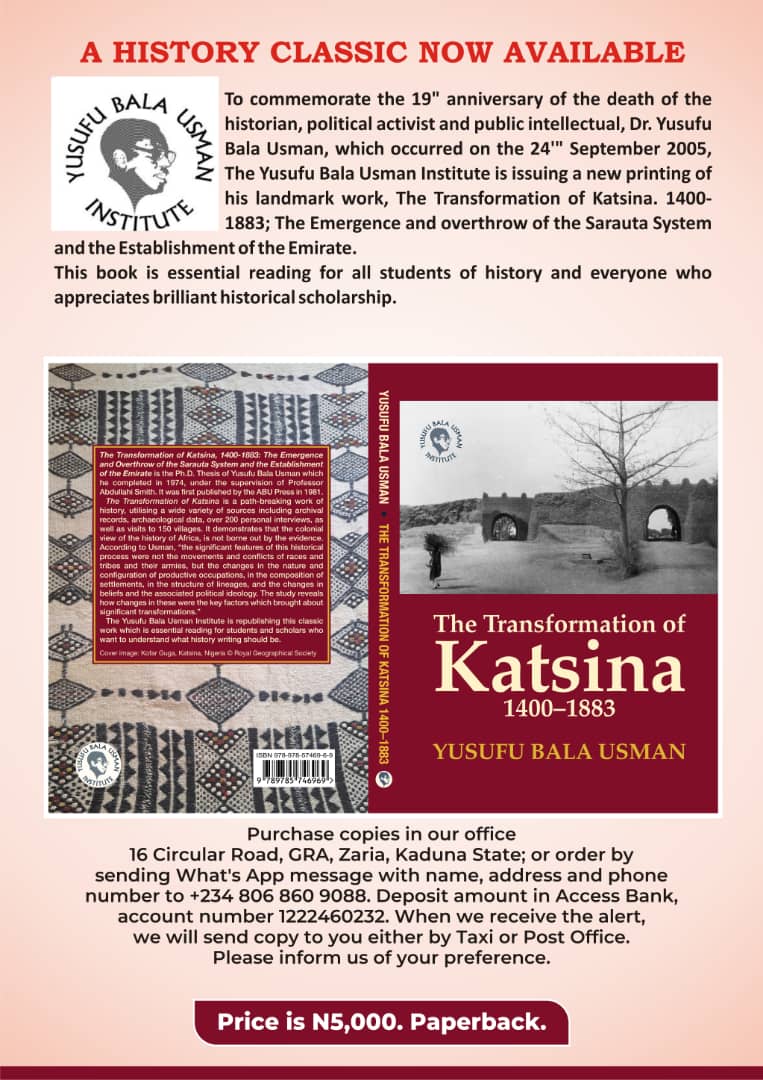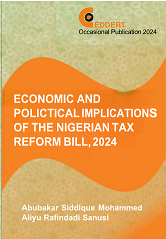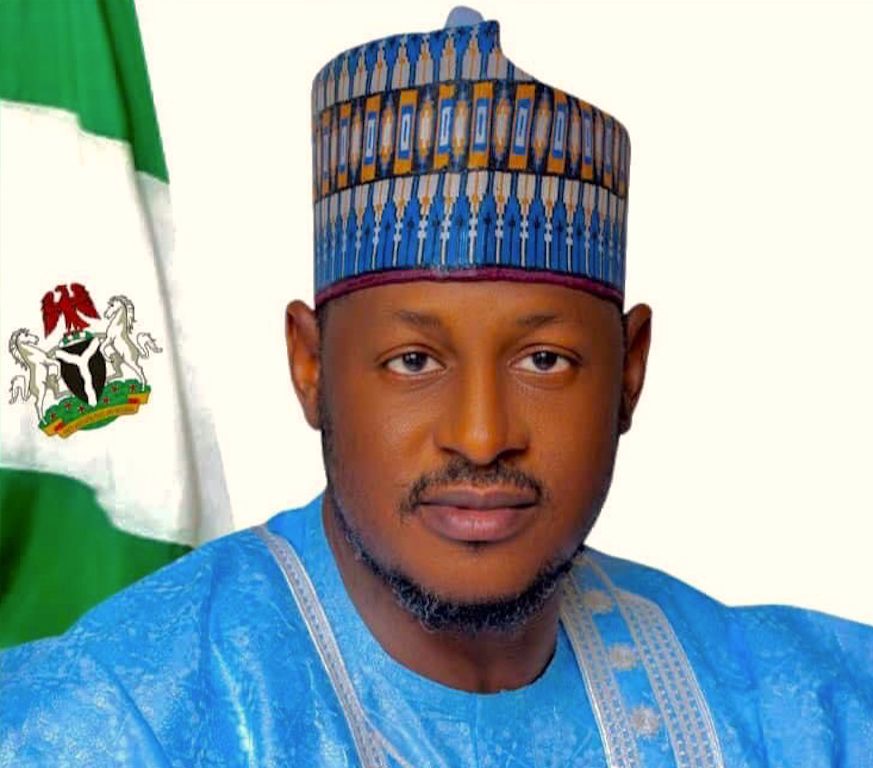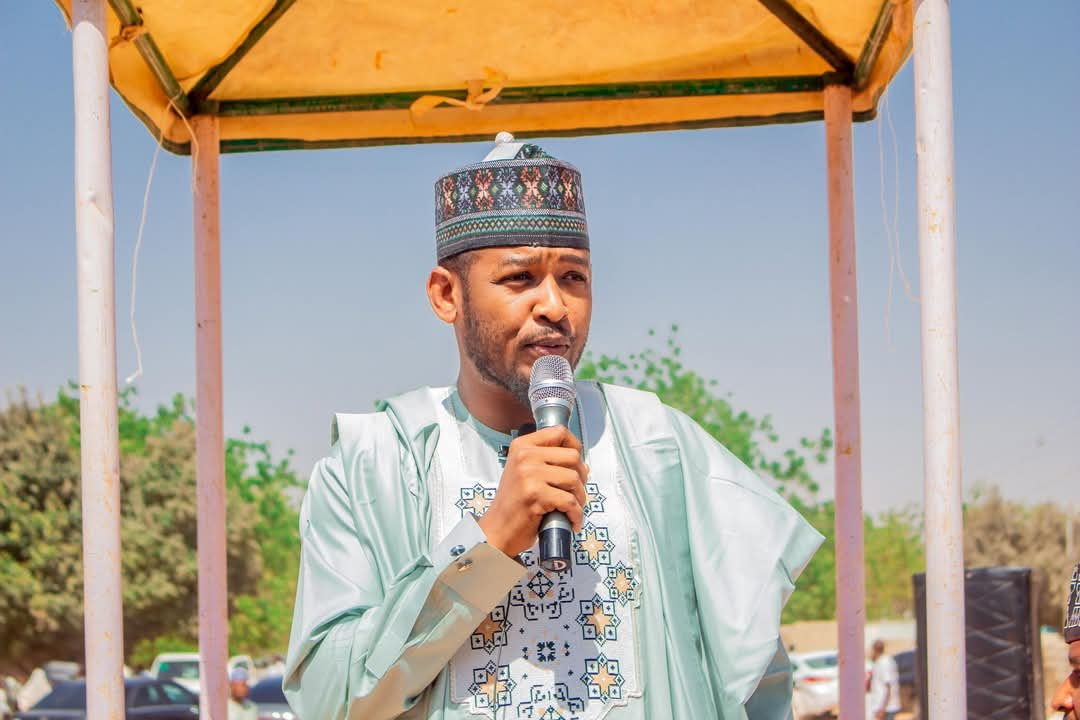Motorists hike transport fares in Abuja as fuel scarcity bites harder
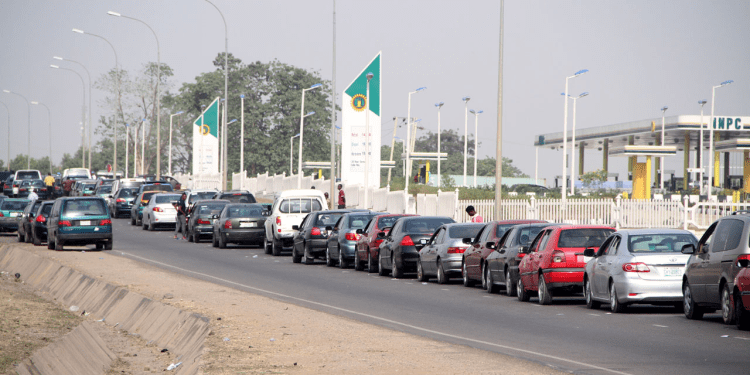
- Sulaiman Umar
- 30 Apr, 2024
- 414
Transport fares increased significantly in Abuja, the nation’s capital, as motorists scrambled to get petrol amid scarcity on Monday.
Commercial drivers hiked transport fares on various routes across the city despite assurances by the Nigerian National Petroleum Company Limited (NNPC Ltd) that the challenge in the supply of petrol would be resolved.
A PREMIUM TIMES correspondent who monitored the situation found that transport fares jumped by over 50 per cent, depending on the routes.
Background
Last week, fuel queues resurfaced at filling stations across Abuja, Nigeria’s capital city, as motorists struggled to purchase petrol.
Many filling stations in Wuye, the Central Business District, Wuse, Kubwa, Gwagwalada, Apo, and the Lugbe areas of the city sold petrol at prices ranging between N680 and N700.
However, the retail outlets of the NNPC continued to sell the product for N617 per litre.
Black marketers were also seen hawking petrol in jerry cans as interested motorists and other residents jostled to buy at prices ranging between N1000 and N1200 per litre.
In the wake of the worsening fuel crisis, the NNPC Ltd warned petroleum products consumers against panic buying and hoarding of fuel.
The chief corporate communications officer of the NNPC Ltd, Olufemi Soneye, told PREMIUM TIMES last Thursday that the challenge in the supply of petrol currently being experienced in some areas across the country is a result of logistics issues and they had been resolved.
Mr Soneye said the issue had nothing to do with the NNPC as the company had enough stock of petroleum products.
“We have abundant products. It is just a transportation glitch. Some trucks are already loading from Lagos and are coming into Abuja. Everything should be back to normal hopefully by the end of today.
“You will see that all the trucks will start coming in. So there is nothing to be concerned about. I also wish to reiterate that the prices of petroleum products are not changing. I urge Nigerians to avoid panic buying as there is a sufficiency of products in the country,” Mr Soneye said last Thursday.
Scarcity
But on Monday, this newspaper found out that the long queues of anxious motorists continued to build outside most filling stations in the capital city, as most vehicle owners and commercial cab operators relocated from their homes to the stations in an attempt to buy fuel.
The crisis has led to an increase in the cost of transportation and commuters were left stranded at various bus stops on Monday as workers and students returned from offices and schools, respectively.
Transportation hike
Surveys conducted across the city showed that the transport fares shot up on many routes as motorists lamented the difficulties of getting fuel.
PREMIUM TIMES found that transport fare from Wuse Zone 2 to Wuse market that was previously N100 shot up to N200. It was also observed that vehicles conveying passengers from Lugbe to Secretariat charged N500 against the normal N300 to N400 while the fare for a trip from Kubwa to Wuse increased from N500 to N800.
Similarly, a trip from Jikwoyi to Wuse which used to cost N500 has been increased to N1000 while passengers from Alaita to Berger had to pay N500 instead of N400.
Also, the transport fare from Church Gate to Wuse Zone 2 went up from N100 to N200.
Some motorists who spoke to PREMIUM TIMES said they woke up early on Monday to buy fuel but were disappointed as most fuel stations were shut.
“I woke up very early to see if I could get fuel but I got so disappointed when almost all the fuel stations I drove to didn’t even open. To be frank with you, this fuel issue is becoming so pathetic. I just drove down here when my friend told me this station has fuel.
“I have been in this queue since 9 p.m. to get fuel. This is 12:30 p.m. and still, it has not been my turn to get the product. As you can see there are a lot of queues here,” Monday Ugwu, a car owner at the NNPC retail outlet at the Central Business District along Wuse Road, told PREMIUM TIMES.
A motorist, Tanimu Yusuf, said he increased his fare for transportation because he had to resort to the “black market” to get petrol.
“It is very difficult to get petrol now and I can’t waste my time queuing up in a fuel station just because I want to buy fuel. Since last week I have never queued up at a fuel station. All I do is buy black market and increase my fare price.
“If you want to enter my car and I tell you how much I collect, if you don’t like it, go down,” he said.
A civil servant, Maduabuchi Chibuzo, told PREMIUM TIMES on Monday morning that he had to opt for a ride to go to his office.
“Could you believe that I have spent almost an hour at this bus stop? I don’t know why public buses became so scarce this morning. I just ordered a ride to come take me to my office. I would have turned back and gone home but I have a very important meeting to attend and it’s almost time for the meeting,” he said.
Another civil servant, who gave his name as Idorenyin, said “This country is a joke. The government has now taken this issue as a normal one. The country is becoming difficult to live in.
“Transportation fares to go to work have gone up within days of this fuel scarcity. How do they want us to survive?” he asked.
Marketers Speak
Speaking during an interview on Channels Television’s ‘The Morning Brief breakfast programme’ on Monday, the National President of the Petroleum Products Retail Outlets Owners Association of Nigeria (PETROAN), Billy Gillis-Harry, blamed the fuel scarcity across the country on a supply challenge from NNPC Limited.
Mr Gillis-Harry, who explained that the supply challenge has not been resolved, however, acknowledged the efforts by NNPC Ltd to solve the problem.
He said NNPC has its own outlets that they also serve.
“So if they have some logistics issues, that will possibly be what is internal to NNPC. But as for us, PETROAN members, we can tell Nigerians for real that if we have petroleum products delivered to us, supplied to us upon payment for those same products, we will supply them to Nigerians.
“I would like to correct Nigerians that we retail outlet owners or marketers as they generally call all of us is the reason for this. We do not have any reason not to serve the public and we are willing to serve the public.
“All that is required is for us to have petroleum products delivered to us from NNPC and we will make sure that our retail outlets are open, some of them are even open for 24 hours. The challenge of logistics is only relevant to the NNPC retail outlets,” he said.
Meanwhile, the Public Relations Officer of the Independent Petroleum Marketers Association of Nigeria (IPMAN), Chinedu Ukadike, said the association expects that by next week, NNPC should be able to restore supply.
“The situation is that there is no product. Once there is a lack of supply or inadequate supply, what you will see is scarcity and queues will emerge at filling stations. On the part of NNPC Ltd, which is the sole supplier of petroleum products in Nigeria, they have attributed the challenge to logistics and vessel problems.
“Once there is a breach in the international supply chain, it will have an impact on domestic supply because we depend on imports. I also have it on good authority that most of the refineries in Europe are undergoing turnaround maintenance, so sourcing petroleum products has become a bit difficult,” he added.
He said the NNPC group CEO has assured them that there will be improvement in the supply chain because their vessels are arriving.
“Once that is done, normalcy will return. This is because once the 30-day supply sufficiency is disrupted, it takes two to three months to restore it. We expect that by next week or so, NNPC should be able to restore supply and within another week, normalcy should return,” he explained.
Culled from Premium Times Nigeria

